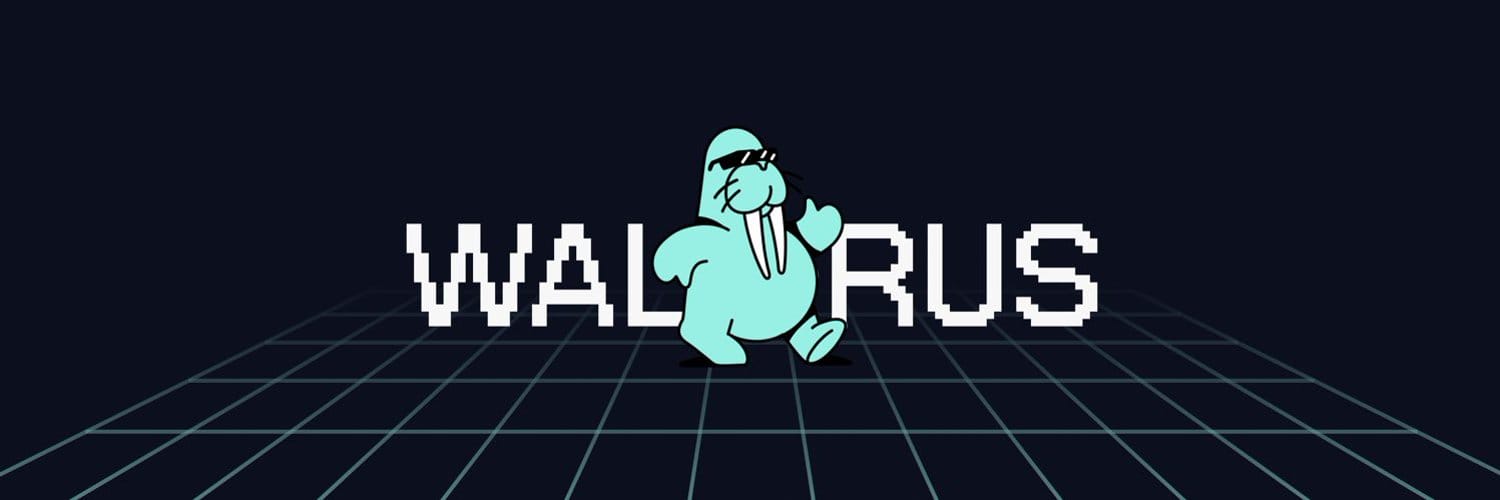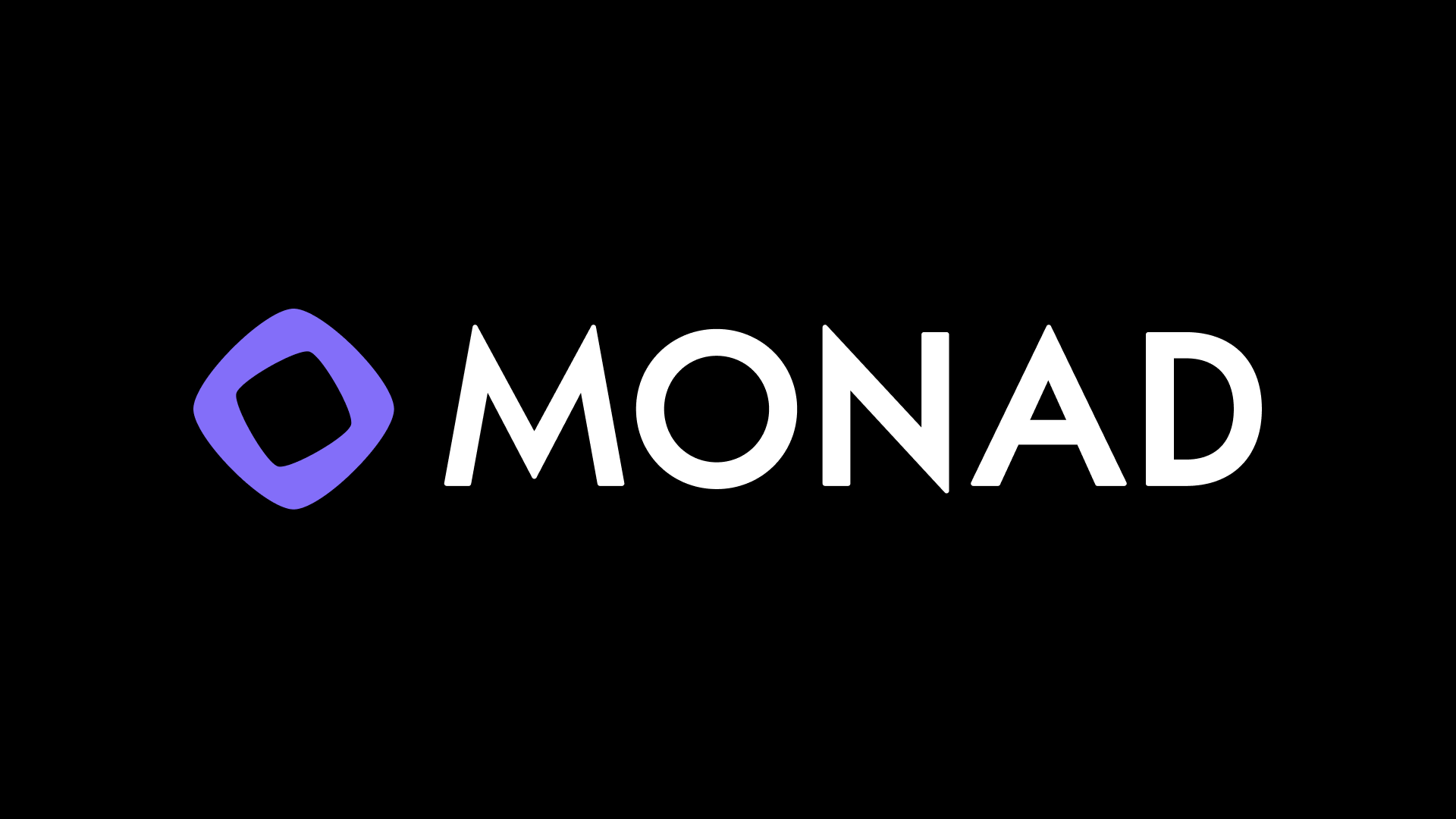Introducing Walrus: The Future of Decentralized Storage
Posted on December 12, 2024 by Admin

In the ever-evolving landscape of blockchain technology, data storage has emerged as a critical challenge. Traditional on-chain storage systems are often hampered by inefficiencies, high replication costs, and scalability issues. Addressing these concerns, Walrus has been developed as a robust decentralized storage solution, leveraging the innovative capabilities of the Sui blockchain network. Here, we dive into the revolutionary features of Walrus and its potential impact on the decentralized storage ecosystem.
The Challenges of Replication and Storage Costs
Most blockchain systems rely on full replication of data across all validators, leading to massive redundancy and high operational costs. For example, the Sui network’s current storage model replicates data with a factor of 100x or more to ensure security and fault tolerance. While this approach is necessary for computational integrity, it is highly inefficient for storing unstructured data such as media files, NFTs, or historical blockchain snapshots.
Walrus tackles this inefficiency head-on by introducing a decentralized storage architecture optimized for scalability, affordability, and reliability.
What is Walrus?
Walrus is a decentralized storage network that provides exceptional data availability with minimal replication. It is designed to store large data volumes efficiently while ensuring high availability and resilience against faults.
Key Features of Walrus
- Cost-Effective Blob Storage: Walrus allows gigabyte-scale uploads at a fraction of traditional costs. By transmitting data blobs only once and distributing storage across network nodes, Walrus minimizes resource usage while maintaining data integrity.
- High Availability and Robustness: Walrus’ storage model ensures data recovery even if two-thirds of nodes fail. This reliability is bolstered by certificates that guarantee availability without requiring users to download entire blobs.
- Dynamic Scalability: Powered by the Sui blockchain, Walrus scales horizontally to hundreds or thousands of storage nodes. This enables the system to offer petabytes of storage at competitive costs compared to centralized providers.
- Support for Multiple Use Cases:
- NFT Media Storage: Directly store and serve images, sounds, and videos.
- AI-Related Applications: Store clean datasets or model proofs with verified provenance.
- Long-Term Blockchain Archival: Efficiently archive blockchain history, including snapshots and state transitions.
How Walrus Works
Walrus employs innovative encoding techniques to break data into smaller units called slivers. These slivers are distributed across storage nodes to achieve redundancy and fault tolerance. The system uses advanced erasure coding, allowing blobs to be reconstructed from a subset of slivers. This reduces storage overhead while maintaining data integrity.
Additionally, storage operations on Walrus are managed through epochs. Users can specify how many epochs their data should remain available. As epochs progress, Walrus ensures that data is dynamically managed, re-certified, or deleted based on user requirements.
Integration with the Sui Network
Walrus is tightly integrated with the Sui blockchain, leveraging its advanced features for secure and transparent operations. All blob metadata, storage transactions, and certifications are recorded on-chain, ensuring accountability and verifiability.
Sui’s scalability and low-latency capabilities enable Walrus to handle high transaction volumes without compromising performance. Moreover, Walrus introduces a utility token, WAL, for payments and incentives, with smaller units called FROST for granular cost calculations.
User-Friendly Storage Operations
Walrus offers an intuitive command-line interface (CLI) for managing storage tasks, such as:
- Uploading Data: Easily store blobs using a single command.
- Querying Status: Check the availability and certification of stored blobs.
- Deleting Blobs: Reclaim storage by removing unused or expired data.
For developers, Walrus provides APIs for seamless integration into decentralized applications (dApps), enabling use cases such as NFT marketplaces, AI data sharing platforms, and more.
The Future of Walrus
Walrus is set to revolutionize the decentralized storage ecosystem by bridging the gap between affordability, reliability, and usability. As the network evolves, upcoming features include:
- Dynamic adjustments to storage nodes.
- Expansion of supported use cases.
- Improved tooling for developers and enterprises.
By enabling cost-effective and reliable data storage, Walrus positions itself as a cornerstone for the Web3 infrastructure, empowering users and developers to build a truly decentralized future.
Top post

Blockcast: Accelerating the Internet, Connecting the World
What is Blockcast? Blockcast is a next-generation Content Delivery Network (CDN) that uses multicast technology to address bandwidth challenges in the era of booming streaming. Born at UC Berkeley, the project aims to build a decentralized network that leverages community power to deliver high-quality content like 4K and 8K globally while slashing costs for providers. With the slogan "Content Delivery, Powered By You!", Blockcast is not just a technology but an ecosystem where anyone can parti
June 2, 2025

Analysis of Nockchain: A ZK-Proof-of-Work Blockchain
Introduction to Nockchain In the fast-evolving world of blockchain, Nockchain emerges as a unique project aiming to revolutionize decentralized computing. Founded in 2023 in Berlin, Germany, Nockchain is a high-throughput blockchain leveraging a Zero-Knowledge Virtual Machine (ZKVM) and a novel ZK-Proof-of-Work (ZKPoW) consensus mechanism. With its native token, $NOCK, and a promise of a fair launch, Nockchain has sparked interest in the Web3 community. However, controversies at its mainnet lau
May 29, 2025

Monad: The Future of Layer 1 Blockchain with Unparalleled Performance
As the blockchain industry continues to evolve, Monad emerges as a promising Layer 1 (L1) blockchain, delivering exceptional performance and scalability. Aiming for 10,000 transactions per second (TPS), a block time of just 0.5 seconds, and full compatibility with the Ethereum Virtual Machine (EVM), Monad is capturing the attention of developers and users alike. Let’s dive into the details of this groundbreaking project and discover how you can get involved today! What is Monad? Monad is a La
May 12, 2025

Drosera Network: Revolutionizing DeFi Security and How to Run a Node
Decentralized Finance (DeFi) has transformed the financial landscape, but with great innovation comes great risk. Since 2014, DeFi protocols have lost nearly $80 billion to exploits, highlighting the urgent need for robust security solutions. Enter Drosera Network, a decentralized security protocol built on Ethereum that aims to safeguard DeFi ecosystems through automated threat detection and response. In this article, we’ll dive deep into what Drosera Network is, why it matters, and provide a s
April 20, 2025

Gensyn: Revolutionizing AI Compute and Guide to Running a Node
Introduction to the Gensyn Project Gensyn is a decentralized Machine Learning Compute Protocol designed to connect global computing resources into a supercluster tailored for artificial intelligence (AI). Developed by a UK-based team, Gensyn aims to reduce the costs of training AI models, increase accessibility for researchers, engineers, and academics, and ensure transparency and censorship resistance through blockchain technology. Goals and Vision * Cost Reduction: Gensyn claims it can cu
April 14, 2025

Pipe Network: The Future of Decentralized CDN and Opportunities from the Node DevNet 2 Program
In the digital era, where the speed of content delivery is a critical factor, content delivery networks (CDNs) have become indispensable in ensuring a seamless user experience. However, giants like Cloudflare and Akamai, while powerful, remain constrained by their traditional centralized models. Enter Pipe Network—a decentralized CDN built on the Solana blockchain—emerging as a fresh contender promising to revolutionize how we approach content distribution. Notably, its current Node DevNet 2 pro
March 18, 2025